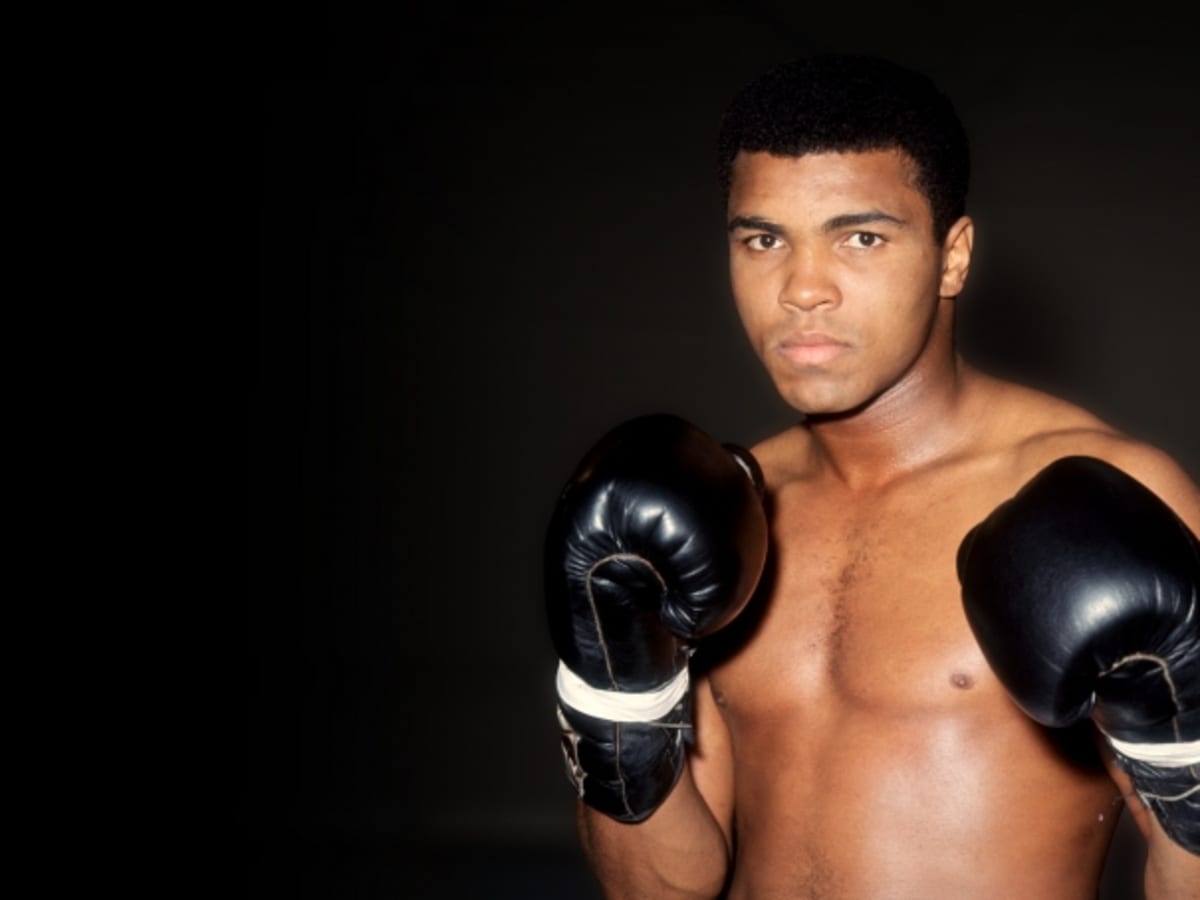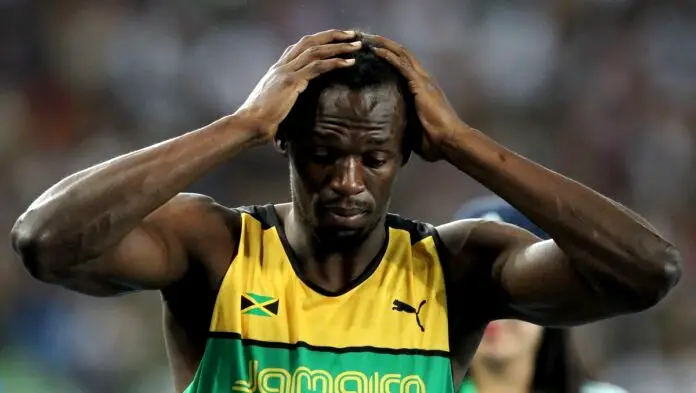History
The Inspiring Story Of The ‘Original’ Cassius Clay After Whom Muhammad Ali Was Named

Despite the fact that Cassius Clay was named after a prominent abolitionist, Muhammad Ali disliked the term.
When Muhammad Ali, the great and enigmatic boxer, said he didn’t use the word Cassius Clay anymore, he explained that it had been a “slave name” until 1964.
Ali, in typical defiant fashion, severing connections with the name and being combative with those who refused to acknowledge the move.
In 1967, he did the same thing to Ernie Terrell when the boxer began to refer to Ali by his previous name. So Ali dominated Terrell in the ring for 15 rounds, shouting at him, “What’s my name?” We get what Ali was getting at when he said “slave term.”
He didn’t see the point in answering to a name derived from his forefathers’ oppressors.
He was trying to think of a nickname for himself. What is a name’s significance? If you’re Ali, your name means a lot.
If this is the case, Ali may have felt sympathy for Cassius Clay because the white man who was named after him expressed Ali’s grievances with America.
Cassius Marcellus Clay, a politician from Kentucky in the nineteenth century, was a vocal critic of slavery. Clay did this not only with words, but also with some of the most radical acts of his day.
Clay had the best childhood money could buy in America, having been born in 1810 to a wealthy southern family who owned slaves. His family had political clout in the state as well.
Read Also: BREAKING: EU Regulator Declares Astrazeneca COVID-19 Vaccine Safe
Clay’s first exposure to political praxis came as a result of joining his family.
His jobs became easier and more stable after he graduated from Yale.
Clay had previously attended Transylvania University in Kentucky, a private school that his family could afford.
Clay became acquainted with William Lloyd Garrison, a Yale classmate who was well-known for his anti-slavery stance. Garrison’s thoughts on what America should do for its black people were considered radical at the time.
Garrison was an abolitionist who called for the abolition of all slaves.
He was also one of the few Americans at the time who pushed for a semblance of equality between black and white people.
Although most 19th-century American abolitionists accepted that slavery was wrong, they never saw Africans as equals.
When they met at Yale, Clay was convinced by Garrison’s assertion. With the exception of Clay, who was a strategic incrementalist, Garrison, on the other hand, didn’t have time for incremental reform.
Clay wanted slaves to be freed as well, but he believed that such a drastic change would be met with vehement opposition from white people, and that the economy would collapse as a result. It’s worth noting that Clay’s gradual emancipation vision was shared by the vast majority of abolitionists.
However, even incrementalism was not enough for the most passionate proponents of slavery.
Because of his opposition to slavery, Clay was beaten for his seat in the House of Representatives.
His life was still in danger for a long time, to the point that he had to carry two handguns and a knife with him at all times.
Clay’s life was threatened more often after he freed the slaves that had been left to him as an inheritance. They were, however, unable to stop him. He created The True American in Kentucky, a newspaper that continued to publish anti-slavery propaganda and opinions.
Clay moved to Cincinatti to start his campaign after his Kentucky office was targeted. He was also a staunch supporter of anti-slavery campaigns. In 1850, Clay gave a 10-acre plot of land to another abolitionist, John Fee, so that Fee could create Berea College, America’s first integrated institution of higher learning in the South.
In 1954, Clay endorsed a group of men who wanted to form the Republican Party. Despite Lincoln’s anti-slavery stand, he jumped on the bandwagon to elect him as the party’s presidential candidate in 1860. Historian Anne Marshall, on the other hand, suggests that if we went back in time, we would find some faults in Clay.
Marshall wrote, “Clay did two remarkable things: he manumitted most (but not all) of his own slaves and charged his enslaved woman, Emily, with murder on the charge that she poisoned his infant son.”
We’re dealing with a guy who, while not being everything black people wanted, was the era’s racial compromise-progressive.
In the nineteenth century, he would be a greater “friend” to any Black person than the majority of white people. Muhammad Ali would have expected more from a white man, regardless of the politics of the moment. And Ali was well aware of the man who was named after him.
Cassius Marcellus Clay, Sr. was Ali’s father, after all. On the other side, Jr. seemed uninterested.
After embracing Martin Luther King Jr.’s vision in 1964, Ali never used the word Cassius Clay again, but he would later come to understand the nuances of racial politics.
Was this article helpful and insightful to you? I hope you’ve learned a thing or two from this post. Please share this unique article on all social media sites and remember to maintain social distance, wear face masks, and wash your hands with sanitizer on a regular basis because prevention is better than cure.
Advertise or Publish a Story on EkoHot Blog:
Kindly contact us at [email protected]. Breaking stories should be sent to the above email and substantiated with pictorial evidence.
Citizen journalists will receive a token as data incentive.
Call or Whatsapp: 0803 561 7233, 0703 414 5611









